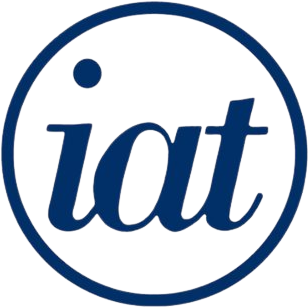
Minimally invasive procedures without anaesthesia
With tutors Romuald Binet PhD & Ilaria Cervellini PhD
This unit provides an introduction to the theory relating to minor procedures. It provides information about appropriate methods of handling and restraint and describes appropriate techniques for injection, dosing and sampling relevant to the species. It should provide information sufficient for individuals to understand what will be required of them before they go on to be trained in the practical aspects of these skills whilst under supervision.
15th and 16th October 2026 at the Advance Training Centre.
You will cover
- Anatomy and physiology
- Behavioural monitoring
- Administration and withdrawal routes
- Refinement
- Evidence-based research (or lack of it) relating to administration of substances
Key Skills you will develop
- Knowledge and understanding of the impact of animal handling and restraint on animal welfare
- Knowledge and understanding of techniques/procedures including, for example, injection, sampling and dosing techniques (routes/volumes/frequency), dietary modification, gavage, tissue biopsy, behavioural tests, use of metabolic cages
- Knowledge and understanding of the need for rigour and consistency in conducting scientific procedures and the correct recording and handling of samples
- Knowledge and understanding of methods for minimising the impact on the animals subject to scientific procedures
Occasionally it is necessary for courses to be cancelled or rescheduled by CLAST. The Course Administrator will send an email to advise you of the cancellation and, if possible, provide a new date for the course. We will endeavour to give at least 4 weeks’ notice prior to the course start date.











